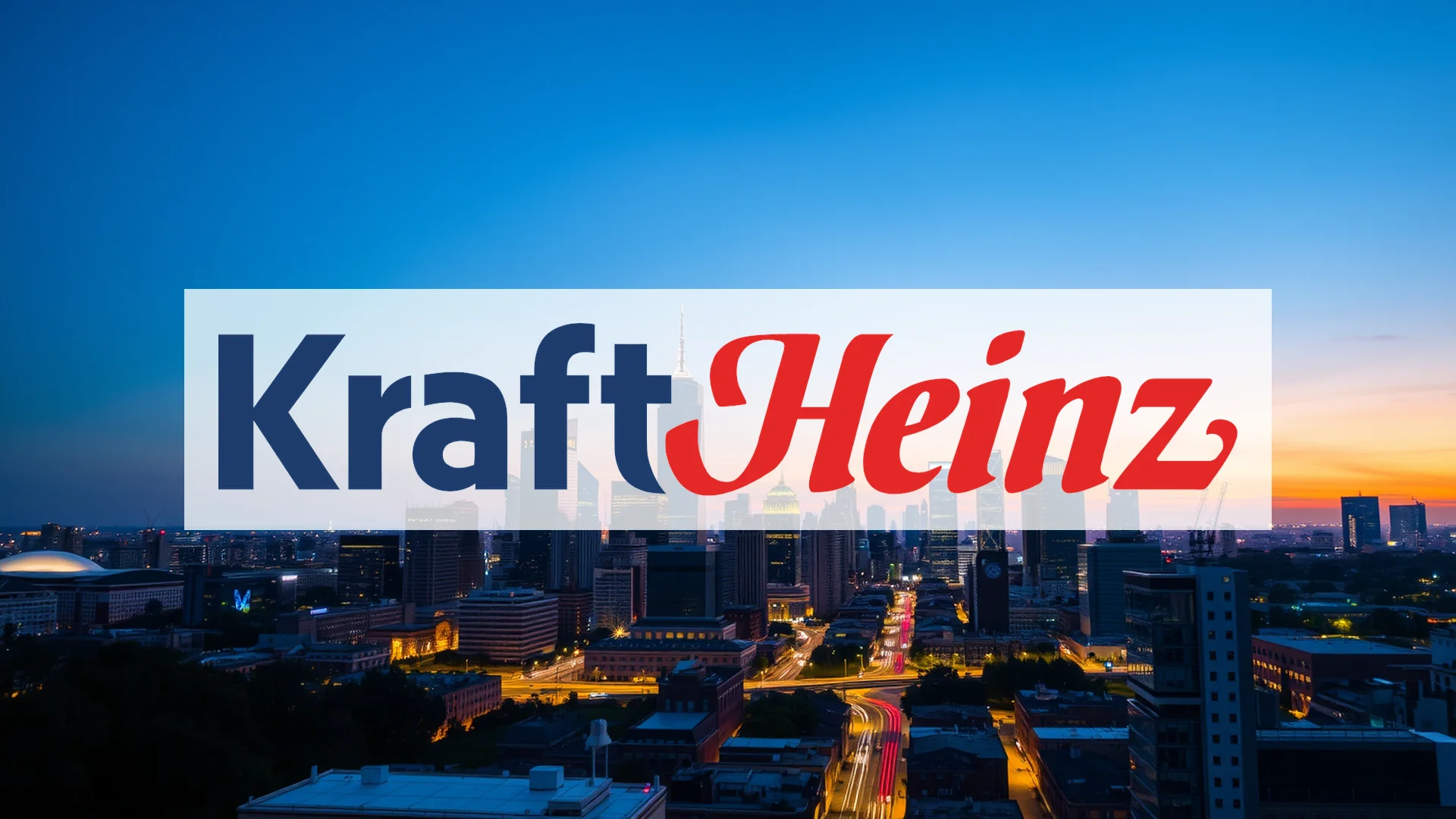In a stunning reversal of corporate strategy, Kraft Heinz has revealed plans to separate into two distinct publicly traded companies, drawing sharp criticism from its largest shareholder, Warren Buffett. The decision to unwind the $46 billion merger that created the food giant a decade ago has sparked intense debate about whether this radical move represents strategic salvation or an admission of failed corporate marriage.
Strategic Shift Follows Years of Underperformance
The proposed separation, scheduled for completion in the second half of 2026, marks one of the most significant corporate breakups in the food industry’s recent history. This dramatic restructuring comes as Kraft Heinz confronts persistent challenges that have plagued the company since its formation through the 2015 merger.
Under the new structure, “Global Taste Elevation Co.” will house powerhouse brands including Heinz, Philadelphia, and Kraft Mac & Cheese. This entity, valued at $15.4 billion, will concentrate on sauces, spreads, and ready meals. Meanwhile, “North American Grocery Co.” will maintain the traditional core business in North America with revenue of $10.4 billion, featuring brands such as Oscar Mayer and Lunchables.
Investor Backlash and Financial Concerns
The announcement triggered an unusual public display of dissatisfaction from Berkshire Hathaway, which holds a 27.5 percent stake in Kraft Heinz. Warren Buffett expressed disappointment with the decision, particularly criticizing the $300 million in additional costs associated with the separation process.
“It certainly wasn’t a brilliant idea to merge the companies, but I don’t believe separation solves the problem,” Buffett commented, echoing concerns shared by many investors. Adding to the drama, Berkshire’s designated CEO Greg Abel reportedly conveyed his objections directly to management prior to the official announcement.
Restructuring Amid Substantial Write-Downs
This radical corporate surgery follows troubling financial developments, including a shocking $9.3 billion impairment charge recorded in the second quarter of 2025. The company’s struggles are further highlighted by a stock performance that has declined over 60 percent since the 2015 merger, dramatically underperforming the S&P 500’s 209 percent gain during the same period.
Should investors sell immediately? Or is it worth buying Kraft Heinz?
Miguel Patricio, Chairman of the Board, acknowledged that “the complexity of our current structure hampers effective capital allocation,” pointing to fundamental operational challenges. The company faces mounting pressure from shifting consumer preferences toward healthier, less processed foods and increasing competition from private label brands.
Wall Street’s Mixed Assessment
Financial analysts have offered divergent perspectives on the planned separation. Some see potential efficiency gains from unleashing focused growth businesses, while others remain cautious about the fundamental issues facing both entities.
Max Gumport, an analyst at BNP, expressed skepticism, stating, “We doubt this separation alone will help the individual companies,” noting that underlying problems may require years of additional investment. UBS reduced its price target from $30 to $28, indicating tempered optimism. Jefferies analyst Scott Marks summarized the situation: “The measure aims to unleash growth and efficiency through reduced complexity—yet questions remain about the split’s ability to generate fresh momentum.”
Implementation Challenges Ahead
The separation process presents substantial hurdles, including the $300 million in extra costs, complex debt allocation decisions, and the search for a new CEO to lead the sauces division. Management has committed to maintaining current dividend levels across both companies, providing some reassurance to income-focused investors.
The central question remains whether this drastic corporate surgery can salvage what remains of iconic brands like Heinz and Oscar Mayer. With Buffett as a dissatisfied major shareholder watching closely, the execution of this complex separation will test management’s capabilities to their limits, potentially signaling whether the era of mega-mergers in the food industry has truly reached its conclusion.
Ad
Kraft Heinz Stock: Buy or Sell?! New Kraft Heinz Analysis from February 7 delivers the answer:
The latest Kraft Heinz figures speak for themselves: Urgent action needed for Kraft Heinz investors. Is it worth buying or should you sell? Find out what to do now in the current free analysis from February 7.
Kraft Heinz: Buy or sell? Read more here...












